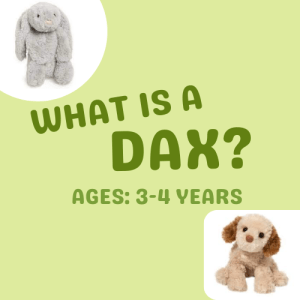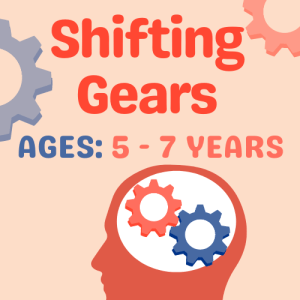Parent FAQ
When you sign up for a visit to our lab, you can expect to join us for approximately 30-45 minutes to play a series of the games. You are welcome to be with your child the whole time. After, your child will receive a small toy for taking part! Or, if you are not in the Providence area, see below to check out remote study options!
What do we study?
We study the way that children come to learn about and represent important aspects of the world, from how things work (causality) to how other people think and talk (the mind). This research has many applications, from school curriculum design to understanding atypical development.
What can I expect?
When kids come into the lab, they will play games with us that are designed both to be a lot of fun, and help further scientific research. Kids usually have a lot of fun (we do too!). The whole session takes somewhere between 30-45 minutes (study dependent), and it’s here in our lab, or remotely on Zoom. You are welcome to be with your child the whole time. We are now offering remote testing opportunities for specific studies. This work would be done in your home over Zoom. Not all of our studies are being done remotely. It depends on the age of your child and the time of year.
Who can participate?
Right now, we are running experiments with children between the ages of 3-8, but in the past we have run experiments with children as young as 5 months old. If you are the parent or guardian of a child and you would like to volunteer to participate in one of our studies, you can click on the button above to sign up your child, email us or call us at 401-863-3527. We are also at the Roger Williams Zoo, where you can find us on the weekends (no appointment necessary)!
What kind of games do we play?
- Many of the games we play are designed to examine what children know about causality. For example, we often show children a box that lights up and plays music when certain objects are put on it, and we ask children questions about the objects. We also ask children questions about cause and effect, as well as examine what children know about science.
- Many of the other games we play involve stories. We tell children stories and ask them questions about what the characters are thinking or feeling. We also study how children understand pretending, learning, and other mental states by telling them stories and asking them questions about those stories.
- We’ve recently started playing some games in our lab that involve tracing children’s finger movements in space (which help us learn aspects of how their brains work). Children play touchscreen games we have designed about what other characters are thinking or feeling, or play games where they make decisions about the mental states of other people.
- Finally, other games that we play look at children’s understanding of fairness and sharing, children’s curiosity and reasoning, and how children learn from what other people say and do.
There are many ways to get involved in our research!
Other Active Studies
![]() Who Would You Praise?
Who Would You Praise?
A Brown University Research Study
In this study, we are interested in learning how children think about fairness and social reciprocity. Children will be guided through two stories about sharing and asked what one of the characters should do at the end of each story. This study only takes about 5 minutes.
 The STEM Engine!
The STEM Engine!
A Brown University Research Study
This study explores whether an at-home parent-child STEM activity can facilitate children’s interest in a scientific topic. In addition to engaging in a STEM activity together, an experimenter will play some online games with your child (including a train game!), and ask them some questions. The sessions takes around 30-45 minutes to complete and families will receive an e-gift card for participating.
The Lego Game
A Brown University Research Study
In this study, we are interested in scientific reasoning. We observe how parents and kids work together to figure out a novel game that uses legos and a machine that lights up. Which legos will make the machine go? You will have to play the game to find out! This game takes about 10 to 15 minutes.
Recently Completed Studies
![]()



